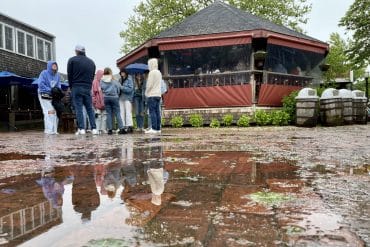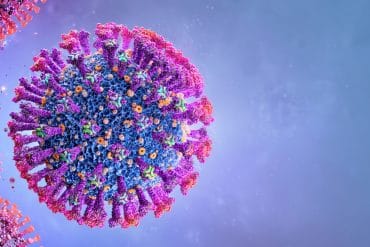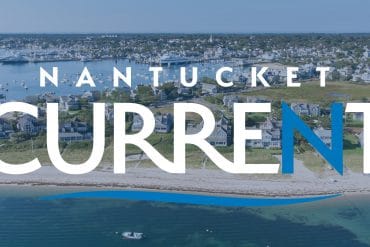The Massachusetts Chapter of the Sierra Club has been leading efforts to address the interrelated issues of climate change, toxics and plastic pollution.
The Sierra Club was founded on promoting outdoor activities in nature. However, we do not support the growing trend to install artificial turf athletic fields and related synthetic surfaces.
First, we can’t keep fossil fuels in the ground if we keep using them for plastics and other petrochemicals. Second, synthetic plastic and asphalt surfaces are much hotter than grass, and will create a heat island for the athletes and the neighborhood. Heat island is often thought to exacerbate the climate impacts of our hotter, drier summers.
This athletic complex would remove about 8 acres of natural ecosystem that sequesters carbon, and cover it with plastic and asphalt. This will result in a loss of habitat for birds, small mammals, insects, earthworms, etc. Turf is unsanitary and unpleasant to walk on compared to natural grass. Turf is often sanitized with chemical biocides, which is not required for grass and would further degrade the surrounding habitat.
The turf field and the track consist of a large number of undocumented mixtures of petrochemical plastics and chemicals of varying toxicity. All plastics have a toxic cycle throughout their entire lifecycle whether they are single-use or not.
A variety of toxic PFAS chemicals have been discovered in major components of the proposed fields. The synthetic plastic grass blades are made in part with fluoropolymers, which share the same chemistry as PFAS and are often included in that definition. PFAS is so problematic that this should be reason enough to reject artificial turf. The synthetic petrochemical rubber track should also be tested for PFAS.
A large typical component of turf systems and tracks is the shock pad. In this case, the proposed pad is the Brock SP14 which according to their website is “polypropylene with a [unidentified] micro coating binder”.
The surface of tracks is typically a rubber similar to tires, the material that Nantucket is committing to avoid as a turf infill. Tracks are typically made of various benzene chemicals (such as styrene, 6PPD) and a wide variety of unknown and known chemicals (such as butadiene). This makes them highly toxic to manufacture, and non-food-grade materials. The Federal government has identified styrene, benzene, butadiene and other intermediates as carcinogens. The binder for the rubber tracks presents additional similar issues.
Plastic surfaces generate non-biodegradable microplastics through abrasion and ultraviolet radiation. Chemical leachate is also a concern for turf and tracks because so much of the plastic is in direct contact with the underlying soil. Rainwater will wash chemicals and microplastics into the soil, groundwater, and the storm system. This is extremely risky for a sole-source aquifer like Nantucket. Microparticles and leachate can be ingested by aquatic animals and enter the human food chain. These animals include fish and shellfish such as scallops, which could hurt the local fishing industry. Wind will blow plastic microparticle dust onto people and the surrounding area. Athletes, coaches and groundskeepers will be the most heavily exposed. The field is only one-quarter mile from the salt marshes of the Harbor.
Each synthetic field eventually becomes over 100 tons of bulky solid waste. Plastic recycling is not really working for food packaging and is infeasible for turf and rubber tracks. Films like synthetic blades and foams in underlayment and track surfaces are always extremely problematic to recycle. Pipes for drainage are likewise very cumbersome to recycle. Even if the bonded requirement to recycle is successful, recycling does not make synthetic turf “sustainable” since the materials are petrochemicals.
Several communities including Andover, Brookline, Springfield, Swampscott, Newburyport, Methuen and Wayland have rejected artificial turf. Nantucket has been a leader in reducing unnecessary plastics with its packaging and bottle by-laws, and now needs to consider the significant negative environmental and health impacts of plastic athletic fields.
The Sierra Club urges Nantucket to vote against these plastic and impermeable hardscape structures and preserve green space.
Deb Pasternak
Mass. Sierra Club, Chapter Director
deb.pasternak@sierraclub.org






